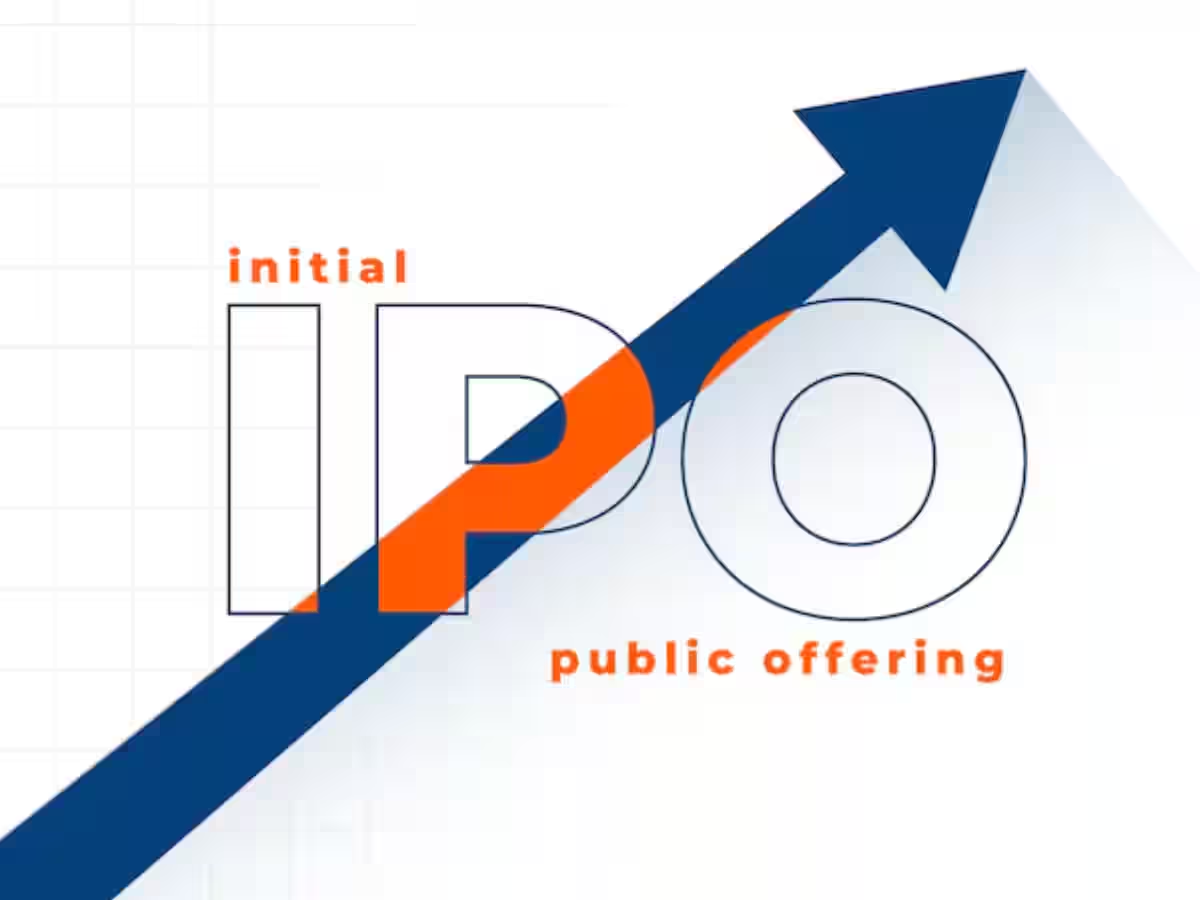India’s financial markets are buzzing with excitement as HDB Financial Services Ltd., a subsidiary of HDFC Bank, launches its highly awaited Initial Public Offering (IPO) in 2025. Touted as the biggest NBFC IPO of the year, HDB’s entry into the primary market has captured the attention of retail investors, institutional buyers, and financial analysts alike. And when it comes to market sentiment, all eyes are on Zee Business Managing Editor Anil Singhvi, who is known for his sharp IPO analysis and investor-friendly guidance.
So, what’s all the buzz about? Should you subscribe or stay cautious? Let’s break it down.
About HDB Financial Services
HDB Financial Services Ltd. is one of India’s leading non-banking financial companies (NBFCs), offering a diversified range of financial products and services. It has built a robust presence in areas such as:
Personal loans
Business loans
Gold loans
Commercial vehicle financing
Consumer durable loans
Insurance services
Backed by HDFC Bank, the company enjoys a strong brand presence and trust among consumers, especially in semi-urban and rural markets.
Key Details of the IPO
IPO Size: Approx ₹10,000 crore
Price Band: ₹395 – ₹415 per share (expected)
Offer Opens: June 25, 2025
Offer Closes: June 28, 2025
Lot Size: 35 shares
Face Value: ₹10
Listing On: NSE and BSE
This IPO is entirely an Offer for Sale (OFS) by HDFC Bank, meaning the proceeds will go to the parent company, not HDB itself.
What Anil Singhvi Recommends
In his recent market show, Anil Singhvi shared his insights on the HDB IPO and made a few key recommendations:
“This is a rare opportunity to invest in a high-quality NBFC that’s part of a trusted banking brand. The company’s financial performance, strong parentage, and nationwide reach make it a compelling story,” he said.
Here are the highlights of Singhvi’s analysis:
Strong Parentage: Singhvi emphasized that HDFC Bank’s backing gives HDB Financial a significant edge in terms of governance, brand value, and credit access.
Solid Fundamentals: With stable revenues, healthy margins, and manageable NPAs, HDB is seen as financially sound, especially in a volatile NBFC space.
Valuation Comfort: According to Singhvi, the IPO is priced reasonably compared to peers like Bajaj Finance and Cholamandalam, leaving room for listing gains and long-term value.
Long-Term Play: Singhvi recommends this IPO not just for listing gains but as a core portfolio stock for investors with a 3-5 year horizon.
Should You Subscribe?
Based on current information and expert recommendations, here’s a quick SWOT-style summary:
Strengths:
Backed by HDFC Bank
Wide customer base and loan portfolio
Strong branch network (1500+ branches across India)
Digital initiatives in lending and collections
Weaknesses:
Entirely OFS – no fresh issue
Exposure to semi-urban and rural credit risk
Opportunities:
Rising credit demand in Tier II & III cities
Future synergies with HDFC Bank’s network
Scope for expanding digital financial services
Threats:
Regulatory tightening in NBFC sector
Competition from fintechs and digital lenders
Verdict: If you’re a long-term investor, this IPO offers strong fundamentals, market leadership, and brand backing. For short-term investors, moderate listing gains are possible, though not guaranteed.
Grey Market Premium (GMP) Buzz
As of the day of opening, the GMP (Grey Market Premium) is reportedly hovering between ₹80–₹100, indicating strong interest from the unlisted market. While GMP is not always reliable, it does suggest a positive listing sentiment.
Final Thoughts
The HDB Financial Services IPO is more than just a public offering—it represents a rare chance to invest in a rising NBFC star with the DNA of HDFC Bank. Whether you’re a cautious investor or a risk-taker, this issue is worth evaluating based on your investment goals and risk appetite.
As Anil Singhvi says:
“IPO investing is not just about quick profits—it’s about quality, longevity, and vision. HDB ticks all three boxes.”
So, are you ready to be part of one of the biggest IPO events of 2025? Make your decision before June 28, and don’t forget to consult your financial advisor for personalized advice.







